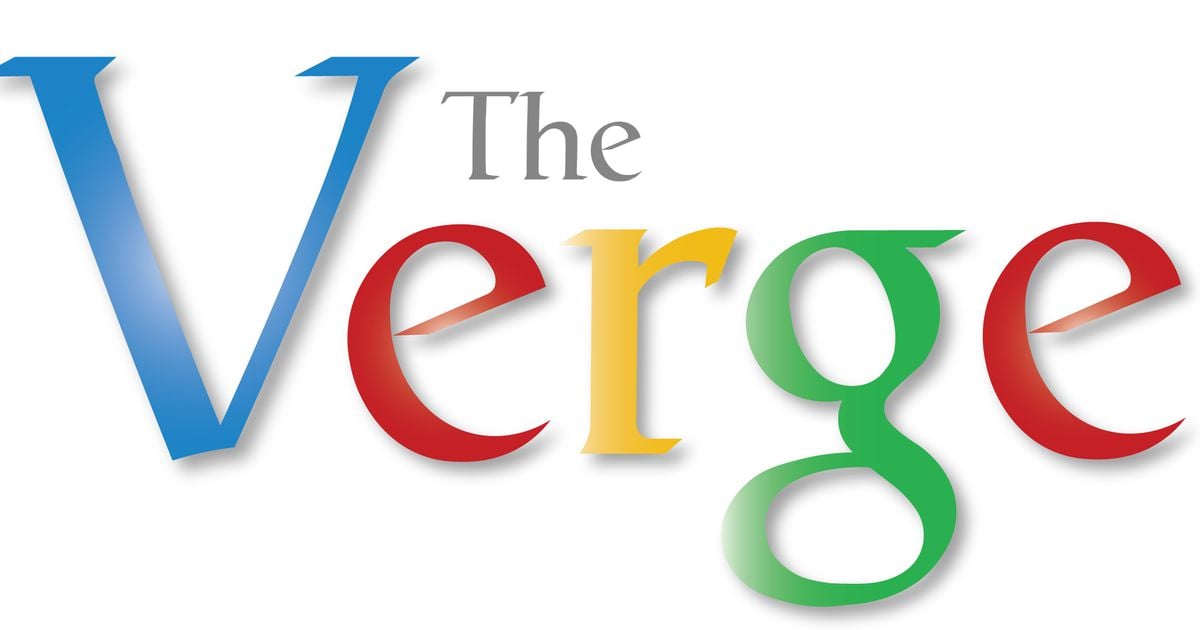When Gmail first appeared in 2004, the idea of having what seemed like a never-ending space for email was revolutionary. Most paid services were providing a few megabytes of space, and here came Google promising a full gigabyte (which, at the time, seemed huge) for free.
Over the years, however, Gmail has added a plethora of features that it touts as “improvements” but some of them are irritating. Worse, it looks for ads for things that it will never need and sticks them at the top of email list.
Back in the dark ages before Gmail, Yahoo Mail, and other free cloud-based apps, most email happened either via paid services or inside of walled gardens. In the former, you paid a service provider for an email account and downloaded your email into an app that only lived on your computer — an app with a name like Pine, Eudora, Pegasus Mail, or Thunderbird.
For the most part, nobody was scanning your email to find out the last time you bought shoes, or whether you were shopping for car insurance, or that you had recently been buying gifts for a relative’s new baby. Nobody was taking that information and selling it to vendors so they could drop ads into your email lists or surprise you with additional promotional messages. Your email lived on your computer alone. Once it was downloaded and erased from the server, it was just yours — to save or erase or lose.



So you could just use Email in these archaic programs called Thunderbird etc. If you really wanted to use gmail. You know, without adds, without the need for an ad blocker, without AI recommendations and at your leisure.
But hey, you’d have to install something on your computer for that… how horrible.
And who uses computers for work anyway, you can just write your essay on a tablet. (but there are also email apps on those)
It’s a shittier way to work but hey it’s easier.
One of the nice things about Gmail at the time, was that you could access your emails when not home. If you were at a friend’s or on holiday at a net café, all you needed was to know your email and password.
That sounds silly, but at the time the majority of ISP mailboxes were pop only. Or those Webmails you could get were attached to what you would now think of comically small mailboxes. Full history Webmail added a convenience we didn’t get before.